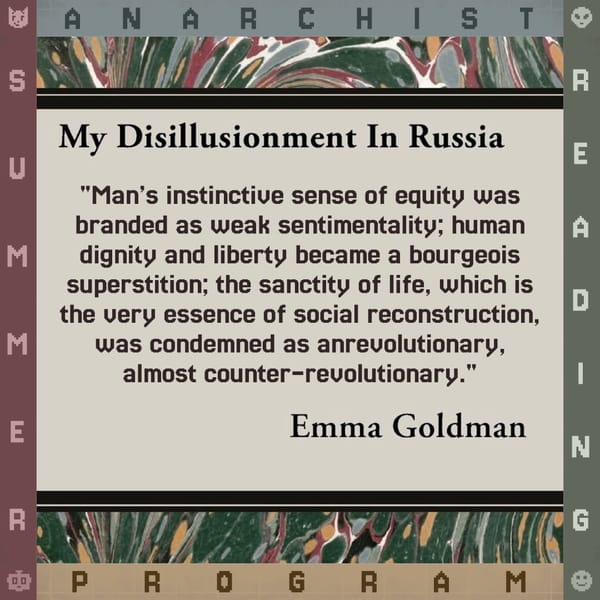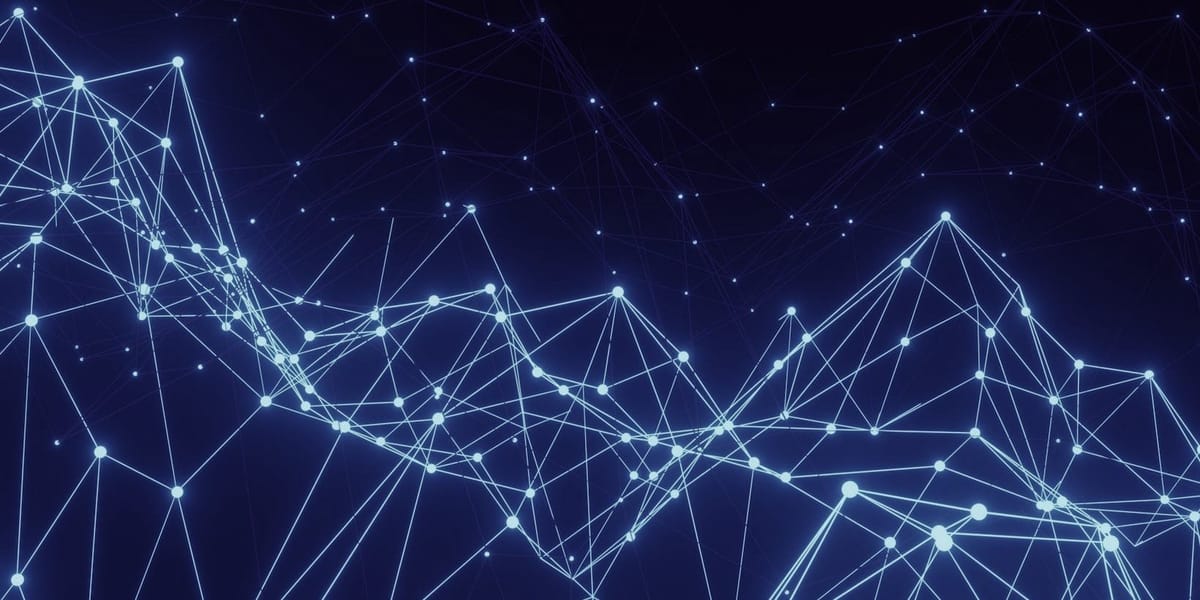How It Started
Your voice is proof of your "right" to speak. Your creative powers are proof of your "right" to labor and its fruits. Your innate sense of fairness is proof of your "right" to due process of justice. Your inborn ability to choose is proof of your "right" to liberty.
To speak of god-given rights - or human rights, or natural rights - is not necessarily to claim they are magical or divine (though if you practice a faith framework, you might think of them that way). It is to recognize that they are intrinsic qualities of being human, that we are born with them; and to seek to align our sociopolitical constructs around that underlying truth. So that they lift us up, rather than crush us. That's the point of this line of philosophical inquiry.
Donald Trump's right to due process was respected at every turn. His right to speak, and all the rest. But now he refuses to practice mutuality around our commonly shared values. He is moving against the people to abridge our rights. And in practical terms, what that means is that "the legislative powers, incapable of annihilation, have returned to the people at large for their exercise".
How It's Going
Historically, the "rights" construct is a product of classically liberal thinking. It gets tied to the idea of a social contract, leading to legal instruments like the Bill of Rights and the UN Declaration of Human Rights, and there's a strong tradition of critique in anarchist thought that's worth mentioning.
First, a state which is authorized to "protect" your rights has thus been granted the power to define and chip away at them. The monopoly on power vested in the social contract makes this inevitable. In fact, by transforming them into legalities, one might observe that they've been transmuted into commodities which can be made artificially scarce.
In this line of thinking, your rights - theoretical in the first place - are only real if you have access to legal counsel, and an uncorrupted system of justice which holds them in their idealized form, and the financial means to exercise them in meaningful ways. What does it mean to have free speech, for example, when a corporate oligarch can suppress it with an algorithm? What does it mean to have a free press when trustworthy news is behind a paywall?
More than that, because rights are attached to the concept of the individual, we lose the idea of responsibility to others. When rights are constructed as a scarce thing, we begin to compete for them, forgetting the whole idea that we were born with them, forgetting that the justification for "protecting" them in the first place was that they could not be taken away.
Case In Point
By reducing individuals to a competitive shark tank for our fully realized rights, our social responsibilities to one another are deeply obscured. Just because we're free to do something, doesn't mean that we should, but we get so stuck on refusing to have our rights taken that we trample on each other.
The drama over face masks and vaccines during a public health crisis was a prime example of this. Those people weren't really wrong that compulsory acts of state were heavy handed in this time period. And so, they went into "fight for your life" mode around their rights - instead of fighting for their neighbor's lives.
Whats Probably Coming
The conversation we need to be having right now is, I think, a lot bigger than just "what should we do about a constitutional crisis". To remain in a place of optimism for me means accepting that the republic has most likely collapsed. We may limp along as an autocratic shell of our former democracy for some time, but eventually, that will fall too.
We may have a midterm election if we're lucky, but unless 535 ordinary citizens show up to challenge and defeat MAGA, the legacy neocons, and the corporate democrats, there is no meaningful opposition that can undo the damage that's been done. Fundraising on the scarcity dynamic of commodified rights and restoring only the bare minimum won't cut it. It can buy us time to build community, but that's a cope, not a fix.
What does a well argued defense of collective workplaces sound like in a citizen's assembly with mixed points of view?
We need to be having conversations about foundational principles and what we'd like to see rise from the ashes. There's a place in the Declaration of Independence which states "it is the right of the people to alter or to abolish it, and to institute new government, laying its foundation on such principles, and organizing its powers in such form, as to them shall seem most likely to effect their safety and happiness".
Should we need to exercise this right, what foundation do you think is most likely to effect your safety and happiness? How does an anarchist articulate decentralization in the context of separation of powers, for example? What does a well argued defense of collective workplaces sound like in a citizen's assembly with mixed points of view? Why should we establish a restorative justice system over a punitive one?
If we don't prepare our minds and our voices for this conversation, someone else (like the creepy dark gothic techbros) will program the new world for us without our input or consent. We inherited a powerful and beautiful legacy of thought around how to create a democratic world.
If we, the people, let that slip away, our negligence is on us.






